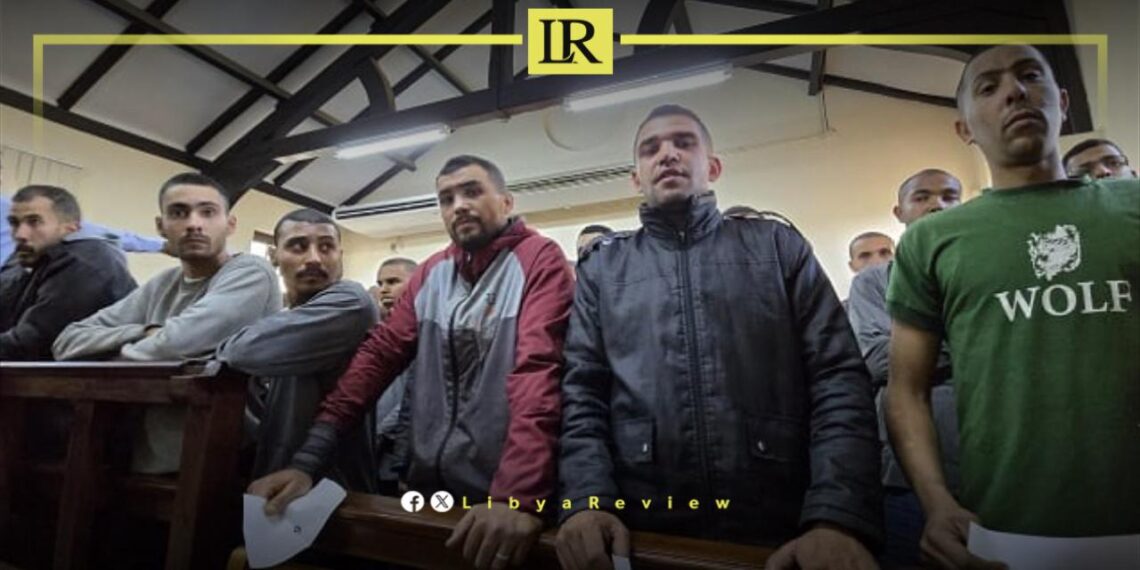South Africa has dropped charges against 95 Libyan nationals arrested at a suspected military training facility in White River.
The National Prosecuting Authority (NPA) of South Africa withdrew the charges, allowing the men, who were arrested in July, to appear briefly in the White River magistrates court on Thursday.
The case had been postponed to 26 August to allow further investigation and consultation with their legal representatives.
However, Advocate Nico du Plessis revealed that a representation was made to the Director of Public Prosecutions (DPP) in Mpumalanga to have the case withdrawn.
The DPP’s office instructed that the matter be brought to court immediately, resulting in Thursday’s proceedings.
The men were detained following a police raid on a farm in White River, where authorities discovered military tents, training equipment, licensed firearms, dagga, and cocaine.
The Libyan nationals were accused of misrepresentation on their visa applications, claiming they were entering South Africa to train as security guards.
Advocate du Plessis confirmed that an application was also made for the men’s deportation to Libya if the case against them was successfully withdrawn.
Earlier this month, the White River magistrate’s court in South Africa experienced chaos as 95 Libyan detainees refused to return to their holding cells, demanding immediate repatriation to Libya.
After their court hearing was postponed, the men, chanting and expressing frustration, insisted they did nothing wrong and demanded faster legal proceedings. According to “Sowetan Live” news, they also requested food and cigarettes.
Through an interpreter, the detainees expressed their desire for a swift resolution to their case, allowing them to return home. They claimed that upon arrival in South Africa, they had valid study and training permits but were unexpectedly accused of wrongdoing and jailed.
“If South Africa doesn’t want us, let us go home then,” one detainee stated.
Their defense attorney, Advocate Nico du Plessis, expressed hope that the detainees could willingly return to Libya rather than face deportation. Speaking to eNCA, Du Plessis explained that the detainees were in South Africa on legitimate study and training permits, supported by legal contracts.


